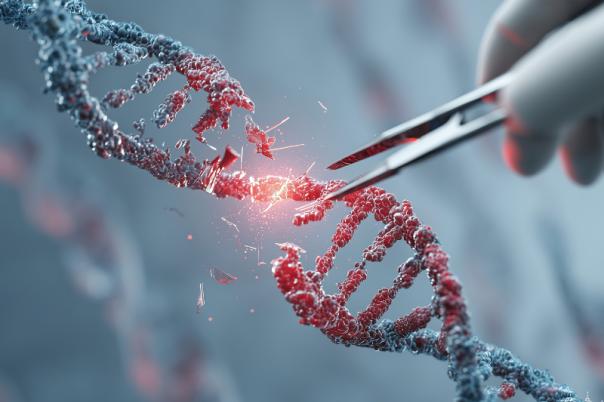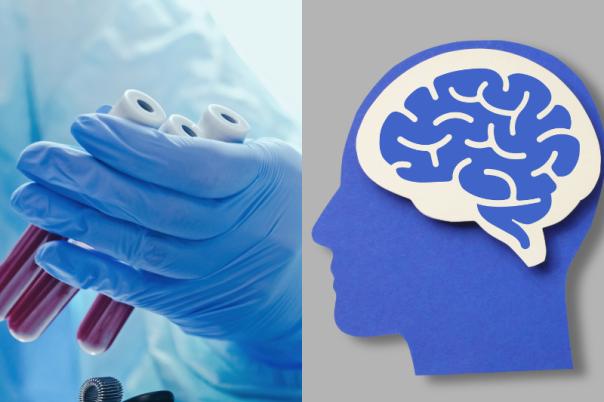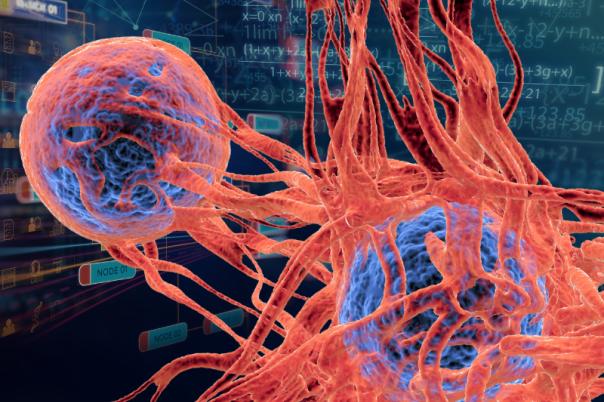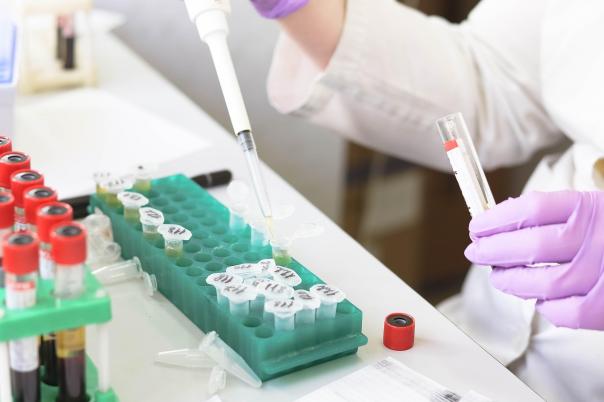Henoch Hong, Associate Director at Merck KGaA began by discussing biomarker integration for immunotherapy. Unfortunately, immunotherapy only works in around 20% to 40% of patients, depending on the indication. Hong’s team used a combination of both bulk and single-cell biomarker data to identify cell populations linked to positive immunotherapy.
Integrating clinical trial, public, and real-world data sets with the scissor method to identify populations like M2 macrophages. However, macrophages are naturally ambiguous and display both immunostimulatory and immunosuppressive gene expression. This has complicated implications for therapy response and the tumour microenvironment.
The IMMUcan Consortium is a large EU-funded public-private partnership led by Merck. The public-private initiative focuses on generating multimodal, spatially resolved biomarker data from over 2,500 cancer patients across five indications. The project has received significant funding and collaboration but is coming to a close soon.
The IMMUcan project has developed standardised workflows for high-throughput imaging and molecular profiling to address challenges in region selection, cell segmentation, and cell type classification using machine learning. The consortium has generated multimodal, spatially resolved biomarker data from over 2,500 cancer patients across five cancer types.
The consortium aims to make its comprehensive dataset available to the scientific community, with ongoing research into host genetics and macrophage roles, and expects publications in 2025–2026.
This presentation demonstrates how large-scale, integrated biomarker data and advanced analytics can uncover new insights into the tumour microenvironment and immunotherapy response. The IMMUcan Consortium’s work is paving the way for more personalised cancer treatments and deeper biological understanding, with a commitment to open data sharing for future scientific progress.




